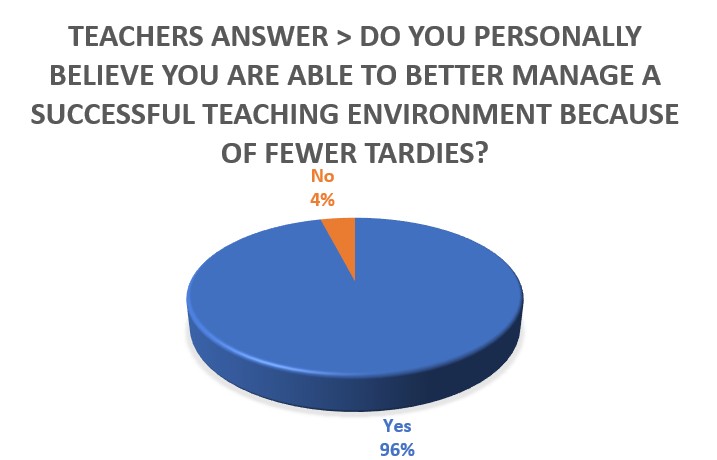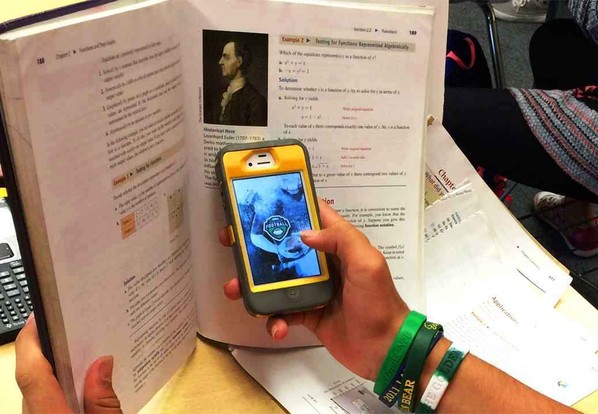Homework is something almost every student dreads. It’s something that a lot of students either don’t do or just don’t want to do. But it made me wonder: Is there a homework overload? Or are students just lazy?
A lot of teachers seem to agree that homework isn’t getting done. Some have even stopped giving it.
Courtney Clay, an English teacher here at Proviso East, said, “Over the past five years, I’ve seen fewer students turning in homework. Some students have real reasons like jobs or family responsibilities, but many students who don’t have these commitments still aren’t completing their homework. I’m trying to understand why this is happening.”
As a result, Clay has changed her general homework policy. “Homework helps students practice what they learned in class and remember information better. However, because so many students weren’t doing homework, I decided to stop assigning it as much in my classes.” She also said that students should expect to spend about 30–60 minutes per week on work for each class, and since they sometimes don’t finish in class, it becomes homework.
Even giving no homework hasn’t increased their productivity in class. “Even though I don’t give homework anymore and give students time in class to finish all their work, many students still don’t do the assignments. This affects their grades whether the work is supposed to be done at school or at home.”
Technology might be a reason too. “I think smartphones, social media, and technology make it harder for students to focus on schoolwork,” Clay said. “Also, with technology, it has become easier for students to cheat rather than learn the material themselves.”
Clay has found that students who actually want to learn will usually ask for help. “Students who are having trouble with the material but want to learn will usually try the work when they get one-on-one help from a teacher. Students who simply don’t want to do the work won’t even try, regardless of the help offered.”
Clay also talked about how their low effort affects teaching. “When students don’t complete their work, it makes it difficult to teach the next day’s lesson because they aren’t prepared. This makes my job harder and it’s not fair to the students who did complete their work.”
So Why Aren’t Students Doing Homework?
Maybe it’s not that they’re lazy. Some students have jobs, sports, family duties, and other things that leave them tired and overwhelmed. For those students, Clay recommends, “Talk directly with your teacher if you’re having problems, and use tools like planners or calendars to organize your time better.”
 Perhaps it’s that students don’t understand how important homework is. Jordan Clayton-Taylor, another Proviso East English teacher, agreed that students aren’t completing homework on time. “Students don’t seem to understand the importance of due dates.”
Perhaps it’s that students don’t understand how important homework is. Jordan Clayton-Taylor, another Proviso East English teacher, agreed that students aren’t completing homework on time. “Students don’t seem to understand the importance of due dates.”
Clayton-Taylor explained that she only gives homework if it’s work students didn’t finish in class or reading assignments. “I don’t think students are lazy, they just don’t seem to care or see the importance of grades. Students are definitely less motivated.”
She also notices when students are struggling. “I know a student is struggling based on the things they do in class. Like trying to distract students from completing their work or looking spaced out.”
Clayton-Taylor said she even changed her homework policy. “I never assigned homework (readings). But now I do. I think students need to take accountability on completing their work.” Her advice for overwhelmed students is, “Ask for help before the last minute and use a planner to write everything down.” She also said students should spend about 90 minutes total a night on homework or studying for all of the classes total.
The Student Perspective
Students like sophomore Mackenzie Godwin had their own opinions. “I usually try to finish my homework before school ends since when I go home, I don’t touch that backpack unless I have an upcoming test.”
She also said, “Some of my teachers don’t assign homework at all. The teachers that do — I feel it’s helpful and gets us on tasks and prepared for the following day.”
As for students being lazy, Godwin doesn’t agree. “Some students don’t care about the work, but most do. The students who do their work shouldn’t be called lazy when we have to turn our work in on time, but then have to wait weeks or until the end of the quarter for our work to get graded.”
She also explained why motivation is tough. “Our students aren’t unmotivated, we’re just being pushed and pushed with nothing in return so that can give some of us the mindset like ‘why are we doing this?’”
Signs a student is struggling, she said, are “showing work on worksheets, asking a lot of questions, tapping your pencil on the desk, fidgeting, zoning out, and staring at your paper.”
Godwin also said, “I can definitely say I get less homework and more in-class work and more support now.”
If she needed help with homework, she said she would tell her teacher: “Hello so-and-so, I can’t get to understand my homework. I’ve reached out to resources like Paper tutoring and YouTube videos and nothing seems to make me understand. In your free time, do you mind going into depth more about my homework?”
Finally, Godwin thinks homework should only happen when needed: “Since we’re in high school and most of us are working, I feel like we should have homework when there is a test the upcoming week or the next day to get us prepared.”
In my opinion, I think both students and teachers have a point. Students are not motivated enough because of the distractions around them. I more lean towards the student’s side; I think sometimes homework is a bit unnecessary. Overall, while both sides have valid arguments, I believe students need support and understanding more than extra assignments. Finding a balance between learning and well-being is key.



























